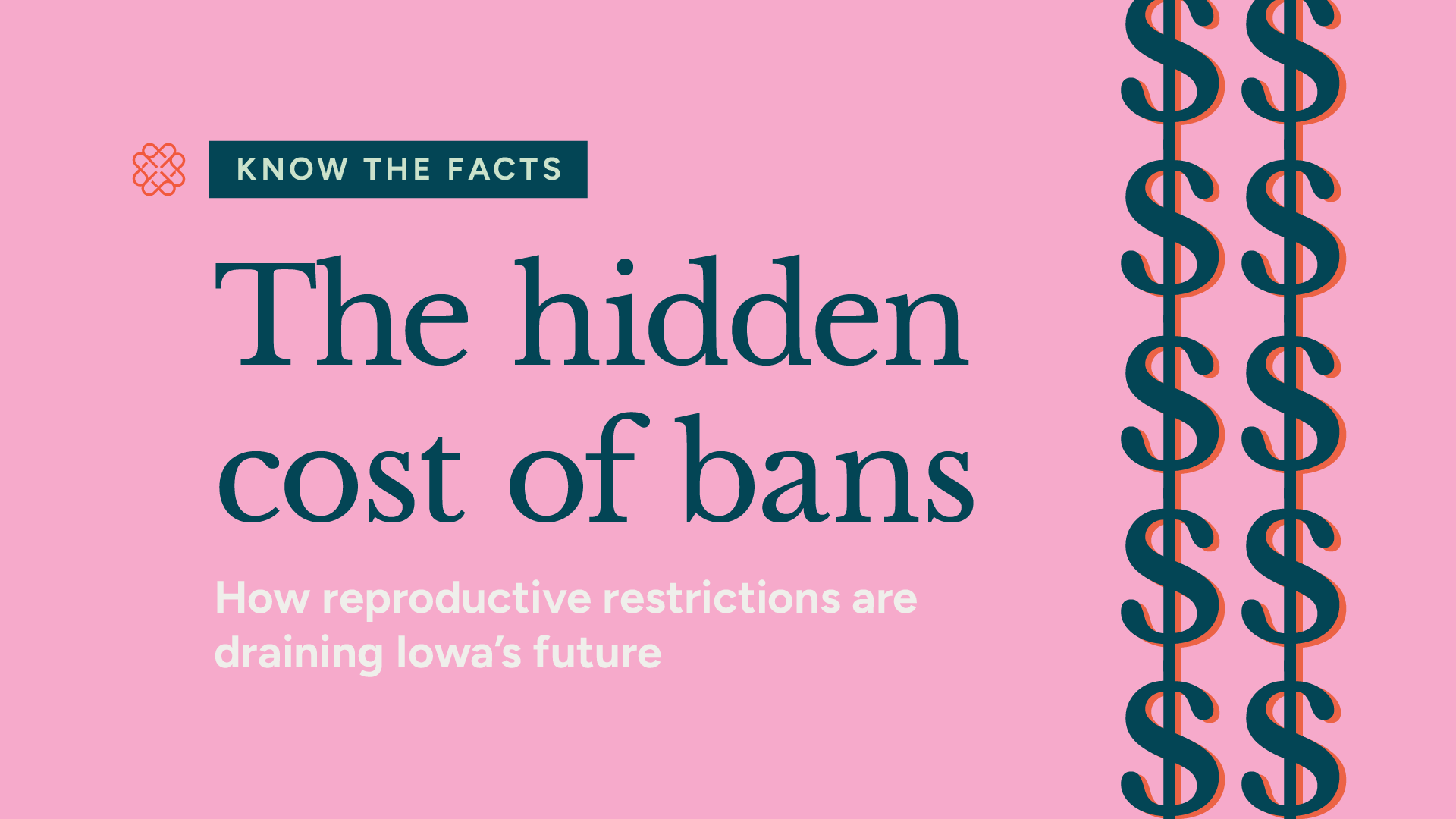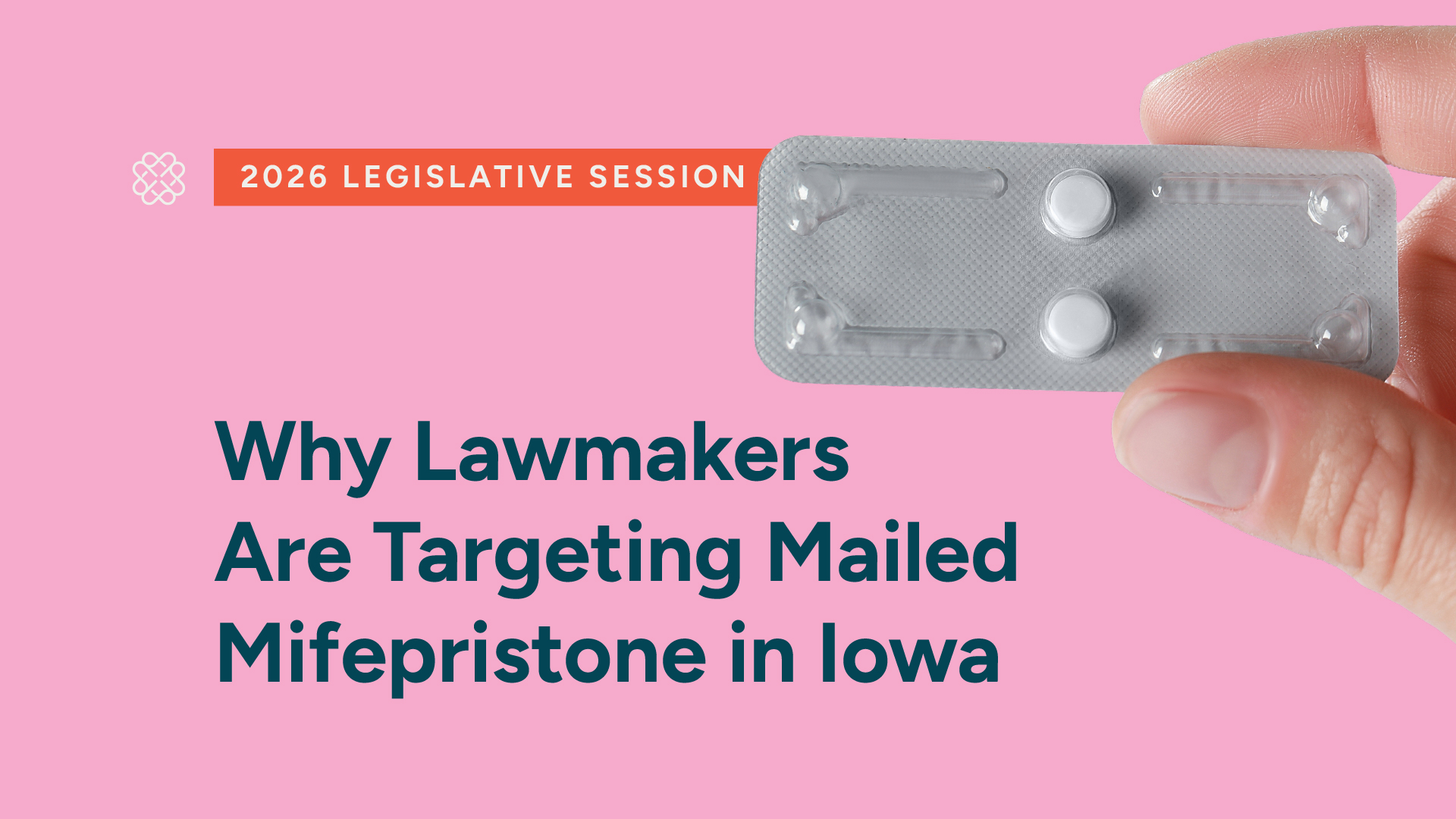
How Abortion Bans Are Quietly Reshaping Iowa’s Future
The impacts of reproductive restrictions on Iowa healthcare access are far-reaching, influencing patient care and shaping Iowa women’s health laws.
Since the Dobbs decision overturned federal protections for abortion, states likeIowa that have enacted or signaled support for abortion bans are already seeing real economic and demographic consequences. A new body of research shows that reproductive healthcare access is becoming a powerful driver of migration, career decisions, and educational choices—especially among young women.
Fewer Medical Residents Are Training in States With Bans
According to a 2024 report from the AAMC, OB-GYN residency applications in states with abortion bans dropped by nearly 6% in just one year. In contrast, applications to programs in states protecting abortion access rose by nearly 6%. This brain drain puts access to essential care at risk—not just for people seeking abortions, but for anyone in need of routine gynecological, prenatal, or cancer-related care.
For rural states like Iowa, which already ranks last in OB-GYNs per capita, the trend is alarming. Fewer residents mean fewer doctors—and smaller hospitals and clinics are often the first to close when specialty care becomes unsustainable.
Young Women Are Leaving—or Choosing Not to Come
Anew working paper from the National Bureau of Economic Research (NBER) confirmswhat many suspected: abortion bans are driving people out of restrictive states. Using U.S. Postal Service change-of-address data, researchers found that states with total abortion bans saw net population losses of nearly150,000 people in the year after Dobbs—especially among single adults and younger households.
ForIowa, this outmigration could worsen workforce shortages and hurt local economies. If we can’t retain the next generation of nurses, teachers, and business owners, small towns and rural communities suffer most.
Abortion Access Affects WhereStudents Enroll
College enrollment trends are shifting too. A new academic paper published in AmericanEconomic Journal: Applied Economics shows that female high school seniors are now less likely to attend college in states with abortion bans. Among top-performing students, the drop is even sharper.
That has long-term implications for Iowa’s economic growth. Fewer women attending our universities and entering our workforce means fewer skilled professionals in every field—from STEM and healthcare to education and agriculture.
The Bottom Line:
Reproductive healthcare access isn’t just a personal issue—it’s a workforce issue, an economic issue, and a community health issue.
If Iowa continues down the path of restrictive reproductive policy, we risk pushing away the very people our communities need to thrive. Reproductive freedom is not just about rights—it’s about the future of our workforce, our healthcare system, and our state’s economic resilience.
For more reproductive rights information and updates on Iowa healthcare access, visit our resources page or sign up for our newsletter.
Empower change.
Sign up for our newsletter and stay informed on reproductive healthcare issues in Iowa.




